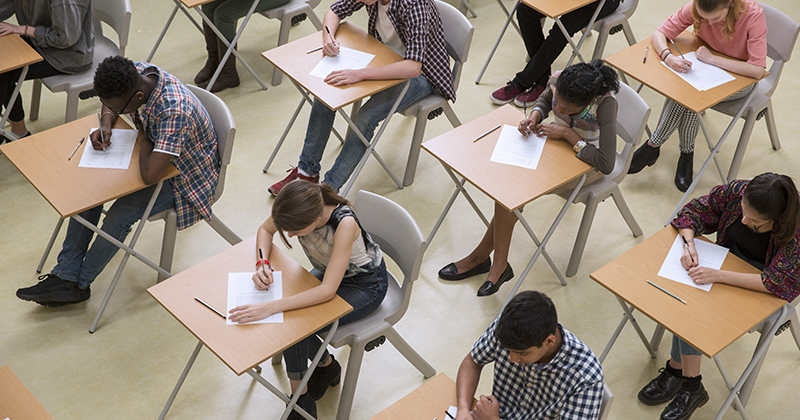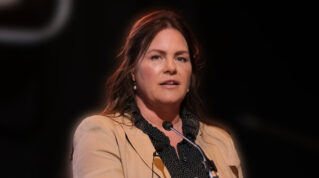The attainment gap between disadvantaged secondary school pupils and their better-off peers has widened to its largest level in 10 years.
Provisional key stage 4 performance data published this morning shows the disadvantage attainment gap now stands at 3.84.
This is the widest it has been since 2011-12, when it was 3.89.
Sir Peter Lampl, founder of the Sutton Trust, said the results show the pandemic “has reversed a decade of progress” and paints a “worrying picture”.
He said it adds to the overwhelming case “that there has to be a step change in what is done to enable young people to recover from the pandemic”, adding: “The government needs to step up to the challenge immediately. There is no time to lose.”
The gap was already widening before the pandemic – rising from 3.66 to 3.7 between 2017 and 2019.
But it narrowed in 2020 when centre assessed grades were used, before widening again in 2021 to 3.79.

The Department for Education say the widening “may reflect the difficult circumstances that many pupils will have experienced over the last few academic years”.
The measure shows the relative attainment gap – based on average grades achieved in English and maths GCSEs – between disadvantaged pupils and all other pupils.
It mirrors what happened at key stage 2 – where the gap is also the widest in 10 years.
Lee Elliot Major, professor of social mobility at the University of Exeter, said there is a “huge education challenge” facing the country.
He added: “The biggest concern is that disadvantaged pupils still make up the lion’s share of teenagers who fail to secure grade 5s in GCSEs in English language and maths as we know these passes are so critical for future life prospects.
“Unless the Government addresses these growing education divides, its targets to improve GCSE grades overall will remain fanciful dreams.”
Jonathan Gullis, schools minister, said the data shows “why it is so important we keep our foot on the accelerator and continue to roll out” of its education recovery programme.
He said “young people are getting back on track and schools should continue to work with parents to make them aware of the additional support on offer”.
“This unprecedented support for individual pupils sits alongside targeted investment for areas of the country where outcomes are weakest, as we continue work to drive up standards for pupils in every corner of the country.”









Your thoughts